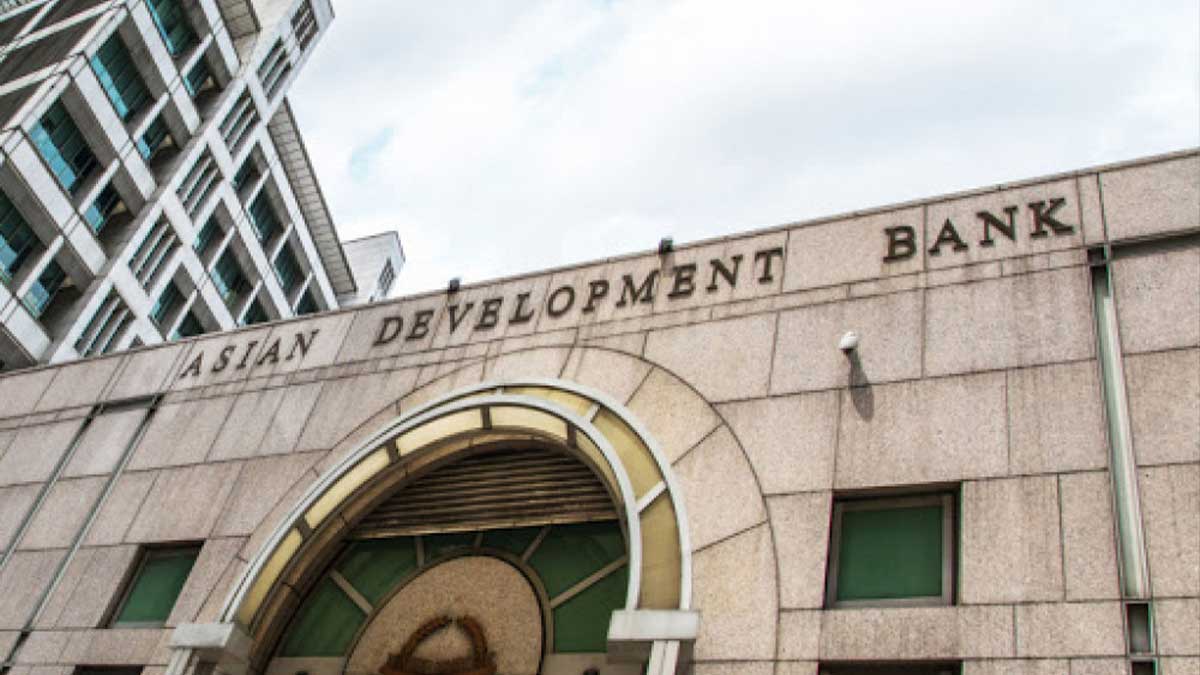Pakistan’s economy is expected to grow by 4.0 percent in the current fiscal (FY22) as business activity gradually resumes in the second year of the Covid-19 pandemic, the Asian Development Bank (ADB) said in a report on Wednesday.
As per the details fetched from Asian Development Outlook 2021, the development estimate observed recovery in the private assets as customer confidence and business vigorously enhanced amongst the continuing vaccination rollout and numerous financial stimulus actions proclaimed in the budget for 2021-22.
Read more: GDP of Pakistan expected to grow by 4.2% in FY22: Fitch
The report notified that: “The plan aims to achieve food security for a growing population by expanding land under cultivation, revamping extension services, boosting water-use efficiency, developing postharvest storage and food processing plants, augmenting bank credit, and introducing the ‘Kissan Card’ as a digital wallet for the direct and swift transfer of subsidies for seed, pesticides, and fertilizer.”
Likewise, improved market sentiment, steady normalization of global merchandise trade, and stronger business and customer confidence were predictable from the ongoing rollout of the Covid-19 vaccination programme with a conjunctive fiscal policy.
ADB also conveyed that increased growth in the services sector needs improved progress in agriculture and industry and an expected improvement in domestic demand which will also add to enhancement in economy in fiscal year 22.
“Inflationary pressures will likely come from ongoing economic recovery and rising global oil prices but should be tempered by expenditure reform and the government’s commitment not to borrow directly from the central bank.”
Moreover, the ADB report revealed that the risk of an increase in prices is being higher than what was expected from an uncommon surge in oil prices or from potential currency devaluation for the sake of any early decline of the ongoing IMF programme.
Meanwhile, the financial shortage is expected to narrow down to the equivalent of 6.9 percent of the GDP in FY22, which is however greater than the previous set objective that comes under a medium-term fiscal alliance program maintained by the IMF.
“Growth in revenue is projected to accelerate with the rapid pickup in domestic economic activity and higher imports,” the report said.





















